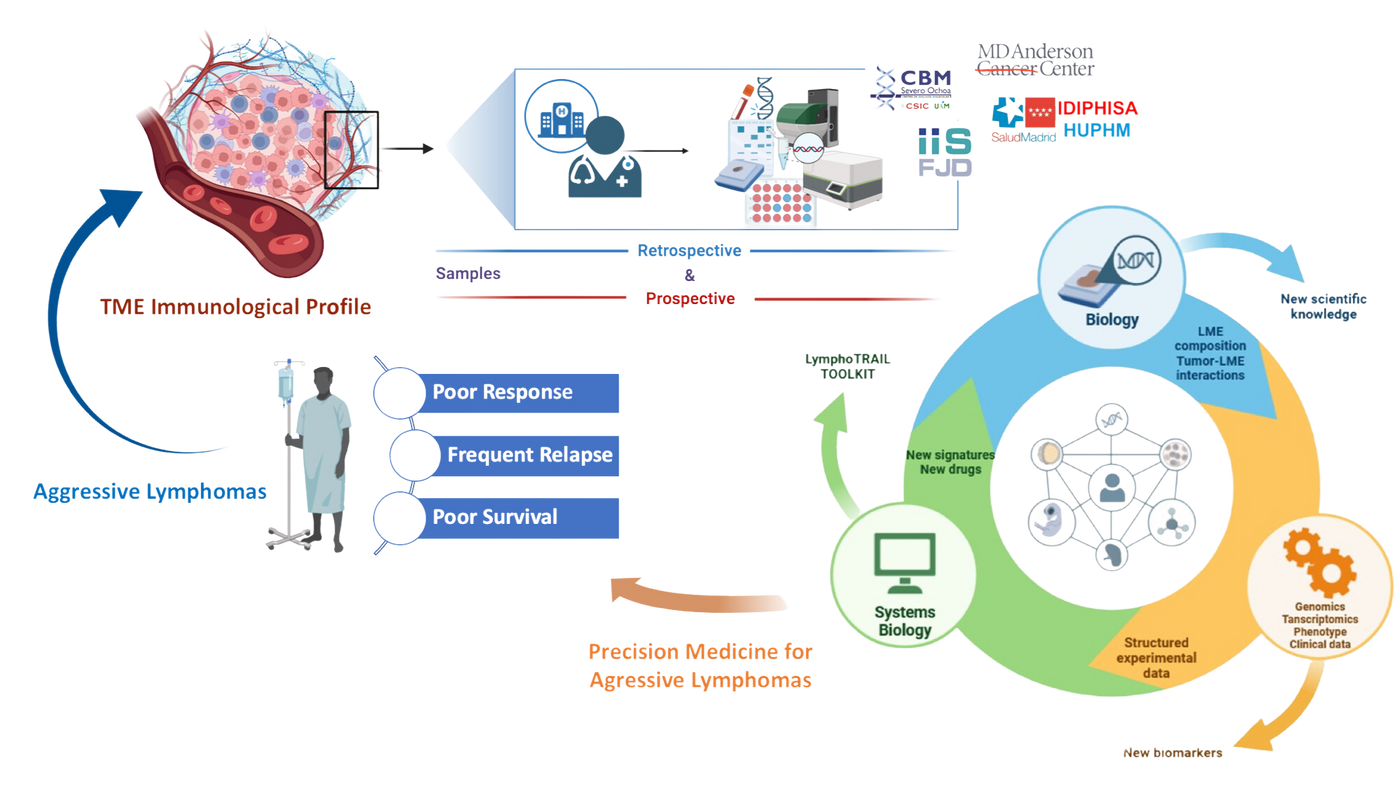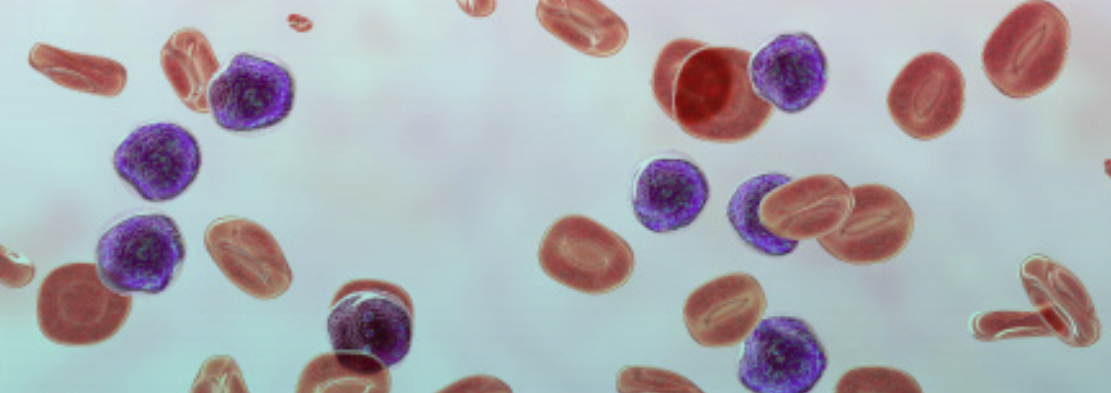
LymphoTITAN
Deciphering the Tumor Microenvironment in Relapsed/Refractory Aggressive Lymphomas
The project aims to decipher the role of the tumor microenvironment in aggresive lymphomas. Check our main objectives.
methodology
Latest cutting edge technologies: Spatial and single cell transcriptomics, ncRNA sequencing, functional assays and computational systems biology.
Our multidisciplinary team is formed by 5 groups of excellence that bring together knowledge, techniques and translational capacity
Check out our results (consortium publications, participation in congresses, seminars and more)
Check out who make this possible
Our commitment is with patients and scientific community, see our outreach activities
Our mission
LymphoTITAN aims to improve outcomes for resistant and refractory lymphoma patients.
main objetives:
1. Identification of Tumor Microenvironment (TME) subclasses (functional phenotypes) and their contribution to the resistance mechanisms to conventional chemo and immunotherapy using multiomics approaches: genomics, spatial transcriptomics and proteomics and ncRNA transcriptomics.
2. Development of a TOOLKIT to integrate large-scale omics and metadata networks (clinical, phenotypic, genomic, transcriptomic, spatial modeling) into systems biology approaches that can propose more realistic predictive models to predict treatment efficacy and tumor recurrences.
3. Validation of new Biomarkers in the context of new prospective series and trials to improve the efficacy of immunotherapy in human patients: Models and Proposal of new precision therapeutic strategies that may prevent human tumor recurrence or resistance (plasma metabolomics and plasma proteomics).
Our Team
A Consortium with a multidisciplinary team. Together we are strongest.
Lymphoma Research Group
IIS PUERTA DE HIERRO - SEGOVIA DE ARANA (IDIPHISA)
Project
co-leader
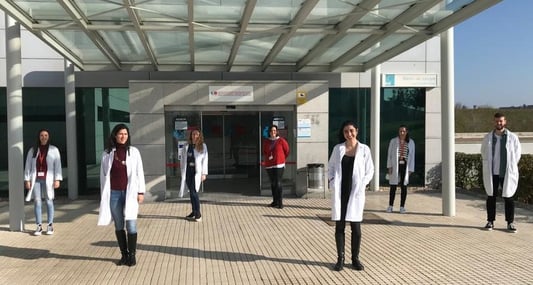
GROUP OF Genomics and Molecular Biology of Lymphomas
IIS FUNDACIÓN JIMÉnez díaz
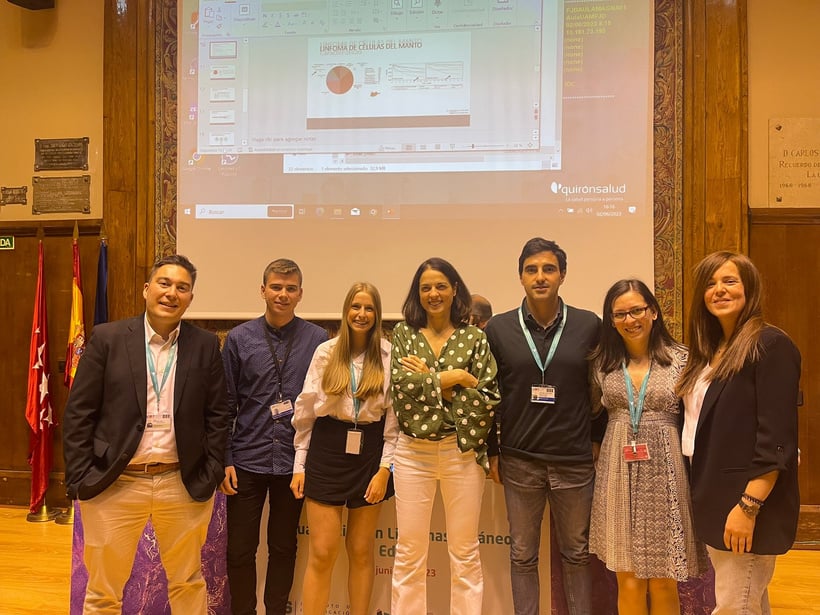
T-cell lymphoblastic leukaemia/
lymphoma GRoup
Universidad auntónoma de madrid
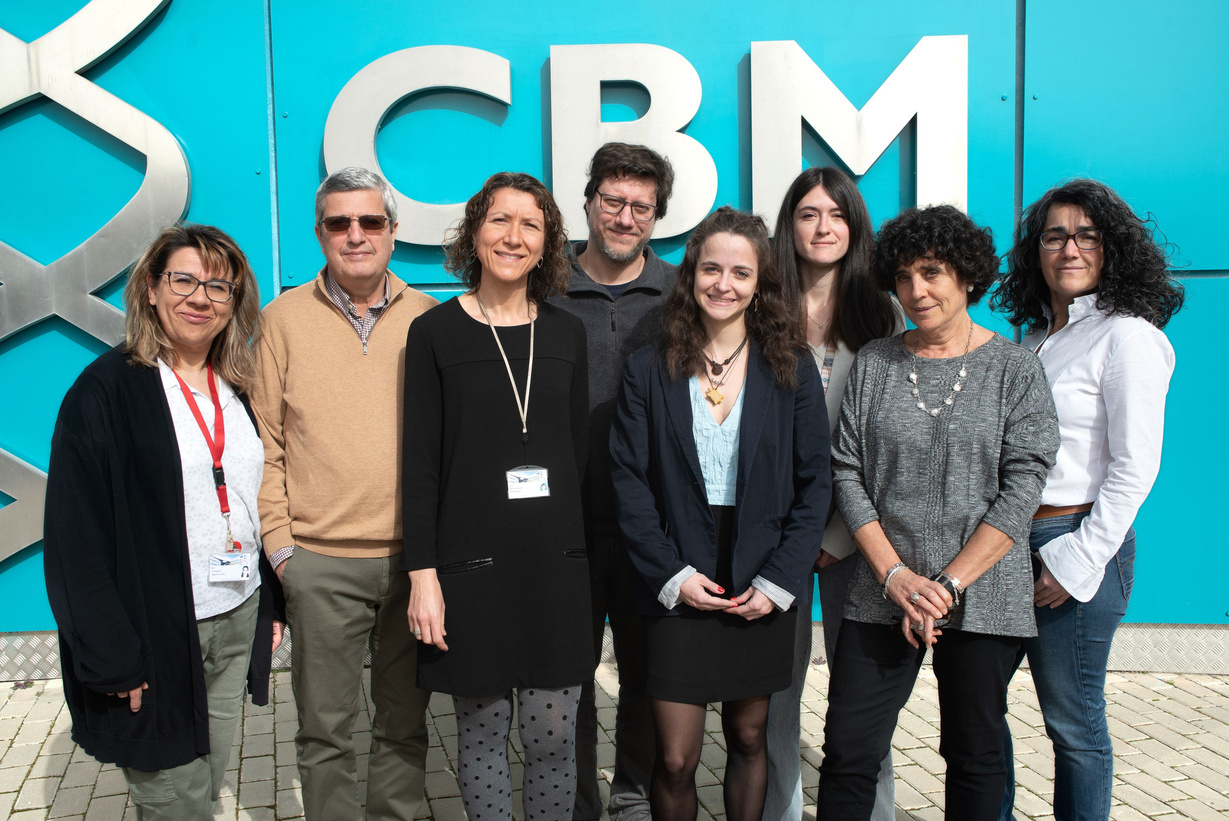
translational bioinformatics group
iis fundación jiménez díaz
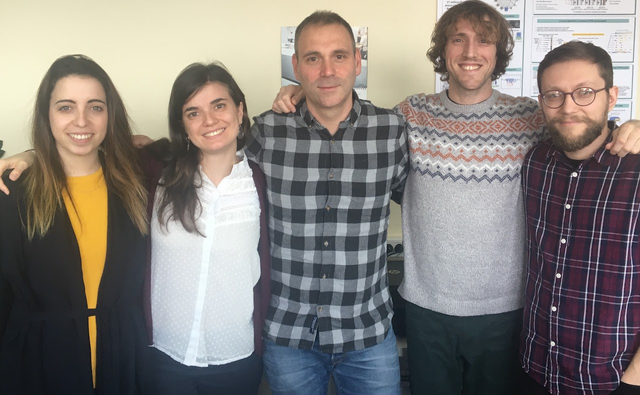
Our Team
Hematologic Neoplasias Group
MD Anderson cancer Center

IP: Juan F. Garcia
Project leader
Our main line of work focuses on the identification of mechanisms of lymphomagenesis, especially in Hodgkin lymphoma and aggressive non-Hodgkin lymphomas, as well as molecul ar alterations of prognostic and predictive value. The study of the interactions between the neoplastic cell and the non-neoplastic microenvironment of lymphoma is proposed as a fundamental model. Previous studies have allowed us to identify gene expression profiles associated with therapeutic failure in Hodgkin lymphoma, which include genes, RNA expression and microRNAs relevant to the disease, representing molecular signatures from tumor cells and the non-neoplastic microenvironment. The results will improve the identification of patients resistant to conventional therapies or refractory to immunotherapy, as well as develop new individualized treatment strategies that improve survival.



Our Team
lymphoma research Group
iis puerta de hierro-SEGOVIA DE ARANA (idiphisa)

IP: margarita sánchez-beato
Co-Project leader
The Lymphoma Research Group focus on the analysis of molecular alterations in lymphomas using high-throughput techniques such as ultra-sequencing, expression arrays, SNP arrays, combined with functional assays. Our goal is to identify essential genes/pathways in the survival of lymphomas to improve their diagnosis, prognosis, and treatment. We believe that understanding the molecular alterations present in lymphomas iand their effect on tumor biology should lead to the identification of new therapeutic approaches and molecular markers. This, in turn, should lead to the design of new diagnostic tools applicable to clinical practice, facilitating patient stratification and guiding personalized therapy. We have a predominantly translational nature, combining the analysis of tumor samples from lymphoma patients with functional studies in experimental models. The ultimate aim is to translate the generated knowledge into clinical practice. The group comprises basic researchers with diverse backgrounds (chemists, biotechnologists, biologists) and clinicians from the medical oncology service, enabling multidisciplinary interaction.
Our Team
group of genomics and molecular biology lymphomas
iis fundación jiménez díaz
SM Rodríguez Pinilla trained via MIR in pathology at the Hospital 12 Octubre (Madrid). Broad her knowledge in Molecular Biology and research at the CNIO in areas such as head and neck, breast and lymphoproliferative processes. She has made different stays in national and international centers of recognized prestige to consolidate and expand her knowledge. She currently works as a Pathologist in the Pathology Department of the Jiménez Díaz Foundation, leads a Line of Research in T-cell Lymphomas and gives class as a Teacher Associate in the faculty of medicine of the Autonomous University of Madrid (UAM). The activity of the group is focused in: 1) Development of projects of translational research. 2) Set up and clinical validation of novel technologies for the molecular diagnosis of patients with hematolymphoid neoplasms.

IP: socorro maría rodríguez-pinilla


Our Team
t-cell lymphoblastic leukaemia/lymphoma Group
universidad autónoma de madrid

IP: javier santos


The group integrates genomics, transcriptomics and proteomics approaches to identify new driver-molecular mechanisms in T-cell lymphoblastic leukaemia/lymphoma (T-LBL and T-ALL). Some of our most relevant findings are: Identification of new mutations and changes in gene expression to propose new therapy strategies; efficacy of γ-secretase inhibitors depends on the MYC gene dosage; use of proteomics to reveal new non-apoptotic functions of FADD protein in these neoplasms; advantages of combined radiation regimens in controlling tumorigenesis that allow better control of healthy tissue homeostasis and facilitate tumour cell death. We are currently interested in evaluating the dysregulation of circular RNAs and long and short ncRNAs, to achieve a comprehensive view of the complex regulatory lncRNA/ circRNA-miRNA-mRNA axes dysregulated in T-cell lymphoblastic neoplasms in the context of a personalized precision medicine.
Our Team
translational bioinformatics Group
IIs fundación jiménez díaz

IP: pablo mínguez
We are a Clinical Bioinformatics laboratory settle in the IIS-Fundación Jiménez Díaz (Madrid, Spain). We use mathematical, computational and statistical methods to study gene and protein regulation under disease stages. Our main research interests are: Genomics Medicine, Genetic diseases, Systems and Network Biology approaches and methods development (https://github.com/TBLabFJD). We are part of research networks such as IMPaCT, TransBioNet, or CIBERER, participate in the B1MG project and several own and collaborative projects. We have led studies applying omics integration approaches to study cancer and diabetes association, protein posttranslational modifications (PTMs) and rare diseases, functional predictions of PTM types, implemented new methods to extract hidden gene-disease, and genetic variant-disease associations. We are or have being part of the development teams of PTMcode DB, STRINGdb, Babelomics, among other tools.
